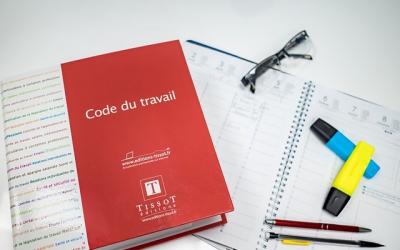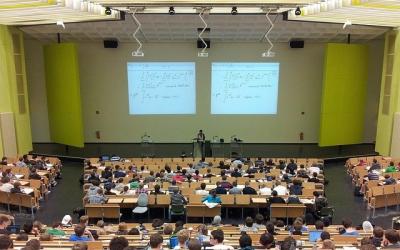ESTADO EMOCIONAL Y PROCRASTINACIÓN RELACIONADO CON ESTUDIANTES VS DOCENTES DE NIVEL SUPERIOR DURANTE EL CONFINAMIENTO POR SARS-COV2
EMOTIONAL STATUS AND PROCRASTINATION RELATED TO HIGHER LEVEL STUDENTS VS TEACHERS DURING CONFINEMENT BY SARS-COV2
Fecha recibido: 04/03/2021 | Fecha publicado: 04/03/2021 | Fecha corregido: 04/03/2021 |Autores
Dr. César Enrique Estrada Gutiérrez Dr Juan Alberto Ruiz Tapia Dr. César Uziel Estrada Reyes Dra. Alejandra Karina Pérez Jaimes Lic. Fabián Harum Rojas Carmona
RESUMEN
El coronavirus SARS-CoV-2, descubierto en enero de 2020 tras aislarse de muestras de pacientes afectados por una nueva enfermedad ahora conocida como COVID-19, evoluciona y sufre cambios genéticos, como todos los virus. La planificación eficiente y realizar las tareas en horario son técnicas entrenables que reducen la procrastinación y angustia asociada, por lo tanto, contribuirían a un mayor bienestar para estudiantes y docentes. El Objetivo de la investigación es ”relacionar estado emocional - procrastinación con estudiantes vs docentes de Nivel Superior durante el confinamiento por SARS/COV2. En cuanto a la Metodología la investigación es de tipo analitico, observacional, prospectivo y transversal, con un tipo de muestreo no probabilístico a conveniencia, se trabajó con 40 alumnos y 35 docentes de Nivel Superior de la Universidad Mexiquense de Toluca durante los meses de agosto a diciembre del 2020. El estado emocional-procrastinación y la población (alumnos vs docentes) fue evaluado con la prueba estadística de Chi-cuadrada. Todos los datos se analizaron a través del paquete estadístico SPSS Versión 25, tomando como significativo un p valor menor a 0.05. Los Resultados: El 70.0% de los alumnos y el 68.6% de los docentes presentaron un nivel moderado de procrastinación, sin presentarse una relación estadísticamente significativa (p=0.56). Únicamente se encontró relación entre el nivel de procrastinación con el manejo de la reparación emocional en los docentes (p=0.04), no así con los alumnos (p=0.16). Conclusiones: No se encontró una relación estadísticamente significativa entre el nivel de procrastinación con el estado emocional ni en docente y alumnos, únicamente se observó que entre mejor era el manejo de la reparación emocional de los docentes, menor era su nivel de procrastinación (p=0.04)
Palabras clave: estado emocional, procrastinación, alumnos, docentes, SARS-COV2
EMOTIONAL STATUS AND PROCRASTINATION RELATED TO HIGHER LEVEL STUDENTS VS TEACHERS DURING CONFINEMENT BY SARS-COV2
ABSTRACT
Introduction: The SARS-CoV-2 coronavirus, discovered in January 2020 after being isolated from samples of patients affected by a new disease now known as COVID-19, evolves and undergoes genetic changes, like all viruses. Efficient planning and performing tasks on time are trainable techniques that reduce procrastination and associated distress; therefore, they would contribute to greater well-being for students and teachers. Objective: Relate emotional state - procrastination with students vs Higher Level teachers during confinement by SARS / COV2. Methodology: Analytical, observational, prospective, and cross-sectional research, with a type of non-probabilistic convenience sampling, we worked with 40 students and 35 Higher Level teachers from the Universidad Mexiquense de Toluca during the months of August to December 2020. The emotional-procrastination state and the population (students vs teachers) were evaluated with the Chi-square statistical test. All data were analyzed using the SPSS Version 25 statistical package, taking a p value less than 0.05 as significant. Results: 70.0% of the students and 68.6% of the teachers presented a moderate level of procrastination, without presenting a statistically significant relationship (p = 0.56). A relationship was only found between the level of procrastination and the management of emotional repair in teachers (p = 0.04), not so with students (p = 0.16). Conclusions: No statistically significant relationship was found between the level of procrastination with the emotional state or in teachers and students, it was only observed that the better the teachers' emotional repair management, the lower their level of procrastination (p = 0.04)
Keywords: emotional state, procrastination, students, teacher SARS-COV2


